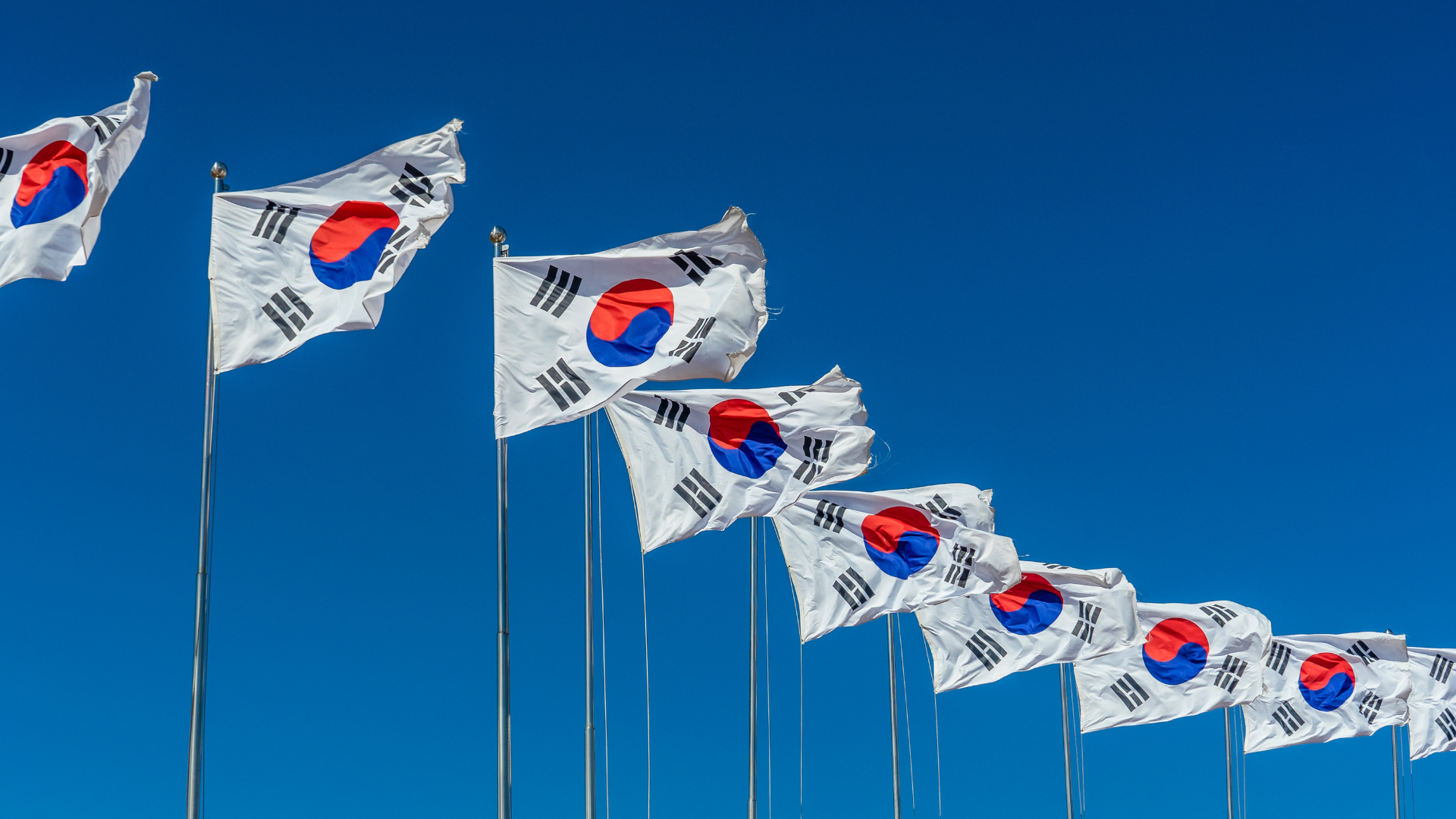South Korea’s parliament has voted to impeach President Yoon Suk-yeol, citing accusations of attempting to impose martial law during a period of escalating domestic unrest. The decision, passed in a tense parliamentary session, reflects growing dissatisfaction with Yoon’s leadership amid allegations of authoritarian tendencies. Opposition lawmakers argued that the alleged move represented a severe violation of constitutional principles, pushing the nation into political turbulence.
While the presidency has denied the accusations, critics contend that the impeachment signals deeper divides within South Korea’s government and society. The allegations stem from reports that Yoon’s administration explored martial law as a potential response to public protests earlier this year. This development has sparked widespread debate, with legal experts questioning the move’s implications for democratic governance.
The impeachment vote now shifts the decision to South Korea’s Constitutional Court, which has 180 days to determine Yoon’s fate. If upheld, it would make Yoon the second president in South Korea’s history to be removed from office, following the ousting of Park Geun-hye in 2017. The case highlights the fragility of leadership in the country, where public trust in governance remains under scrutiny.






















